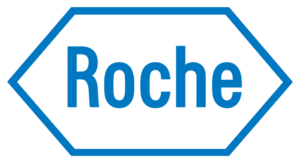E4 - Artificial Intelligence in Pharmacy: from R&D to care… the Evolving Role of Pharmaceutical Scientists
If you are not registered yet, click HERE for more information how to register for PSWC2020
Chairs
Sébastien Lemieux (Université de Montréal, IVADO, Canada) and Prateek Jain (Biopharma Consulting, Canada)Introduction
With the rise of big data and machine learning, artificial intelligence (AI) is poised to optimize significantly the processes of pharmaceutical development and the delivery of precision medicine. AI may help detect patterns in large data sets, assist in problem-solving and prediction and even intervene with real-time decision-making on treatment of patients. Its potential, however, comes with several challenges. To what extent will AI-based decision-making remain intelligible for scientists and clinicians? How reliable are AI algorithms when confronted to diversity in target or chemical space, patient profiles, etc.? The optimization of both clinical trials as well as pharmaceutical care using real-world evidence and electronic health records will require novel public – private partnerships and regulatory oversight to ensure a secure and ethical framework. Also, to a significant extent, AI applications will require novel skills from current and future generations of pharmaceutical scientists and clinicians. With expert presentations followed by an interactive panel discussion, this session is an invitation for all to reflect on the impact of AI on pharmaceutical sciences, pharmacy practice and health outcomes worldwide.
Programme
Combining multimodal data sources for diagnostics and target identification in cancer
Alexandre Le Bouthillier (COO Imagia, Canada)
Potential of AI in predicting translational success of drug candidates through clinical research
Massimo Riccaboni (IMT Lukka, Italy)
Towards digital pharmaceutical care
Claudia Rijcken (Pharmi, The Netherlands)
Learning Objectives
- Learn how AI is going to impact drug development and pharmaceutical care
- Identify the main challenges for clinicians, academia, industry and regulators
- Discuss how to adapt and train the next generation workforce
Supported by Roche

